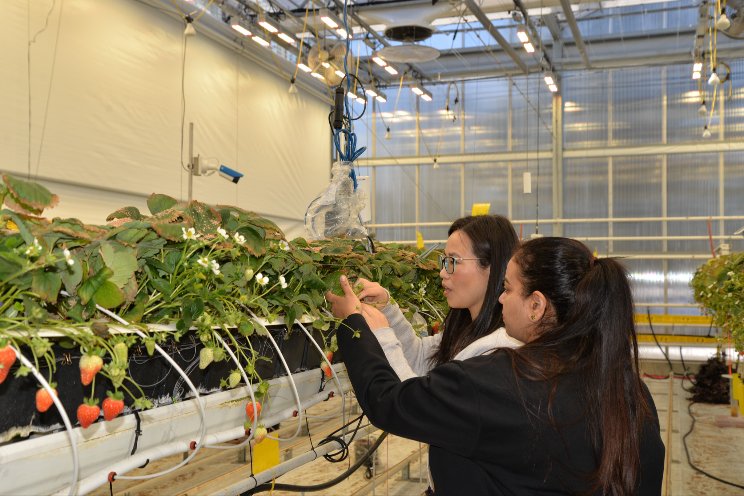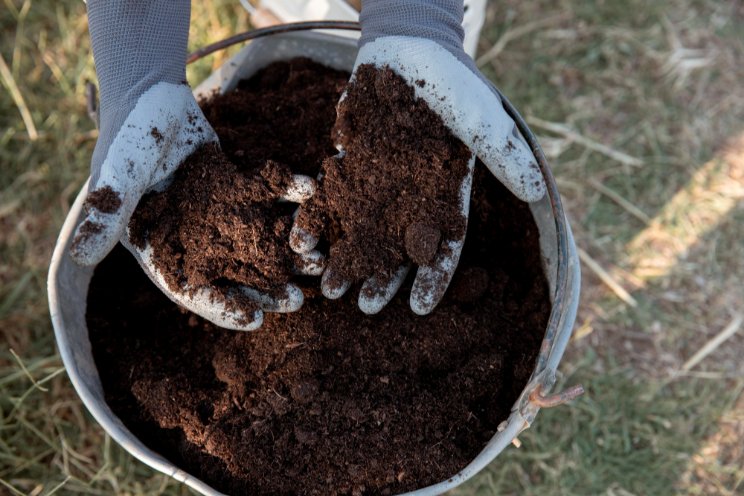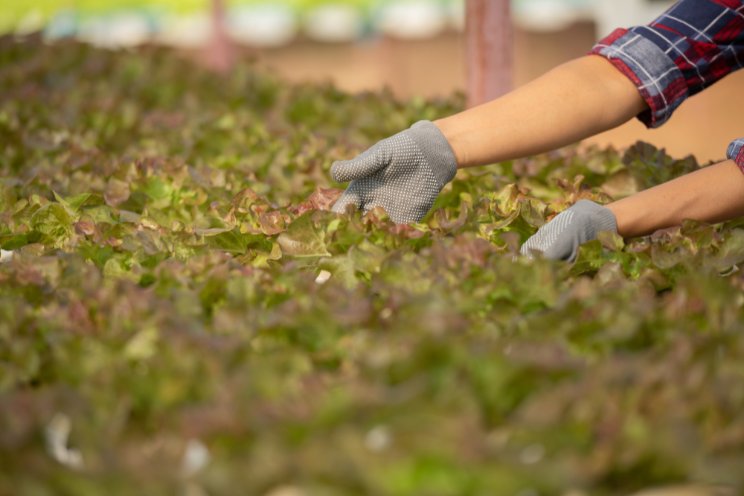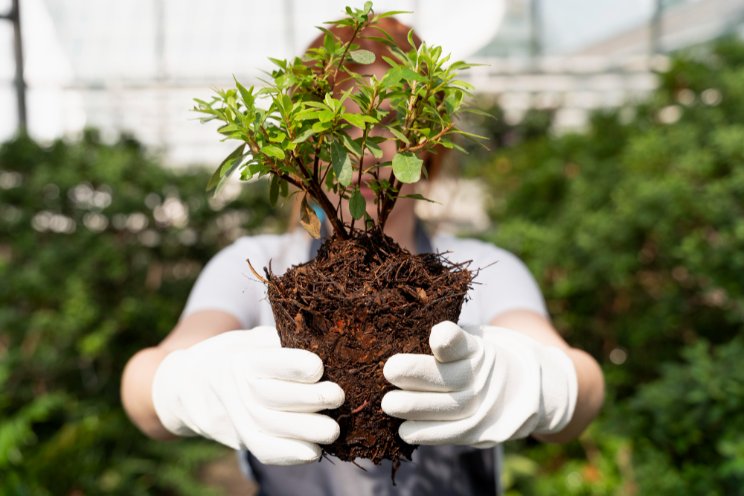Now trending: Soil-less farms that can fit into an apartment
Added on 24 September 2021

But it was not until she was catching up with an old college mate Amarjeet Pardhi who happened to be researching hydroponics as well that the idea of starting something of their own took sprout. She quit her job at a renovation company and they set up a hydroponic farm in Gurugram called Bosante in November 2019, which grows lettuce, butterhead, arugula and baby spinach.
Hydroponics replaces soil with water and added nutrients. Depending on the model and crop, the water can be recycled, so it is a more environmentally friendly way of growing produce. These farms take up less space, because they can be vertical, and use far less water (70-90% less) than traditional agriculture. In the last few years, there has been an explosion of such ventures across the country, catering to young India's burgeoning desire for fresh produce.
Shree Farms takes up about 2,000 sq ft (the size of a large flat) in the heart of Kolkata. Co-founder Shrivats Bagaria says their USP is that they harvest the produce only an hour or two before it is delivered to customers. "On our packaging, we write not only the day of harvest but also the time," says the 24-year-old, who's monthly subscription costs Rs 799, delivering 250g of the greens of one's choice every week. He says a big advantage of hydroponics is that it yields consistent produce, freeing them from the vagaries of the weather.
Mumbai-based Herbivore Farms co-founders Joshua Lewis and Sakina Rajkotwala, both 26, woke up to the wonders of fresh produce while volunteering at a farm in Auroville after quitting their jobs in advertising and a non-profit respectively.
Rajkotwala says they then decided to bring that concept to the city, renting a 600-sq-ft space that would yield 200kg of produce a month — and even built the system for the hydroponics entirely on their own, with Joshua playing the role of plumber as well. "For the last year, we have had to close our farm because of a landlord issue and then Covid, but we're just about to close our first round of funding, and we should be up and running again in two months," says Rajkotwala. Lewis adds that they're also in the initial stages of a project which would allow one to put a farm anywhere in the world. "Except underwater," he adds.
The lockdown has been an interesting time for hydroponics — while on one hand, it impeded the ability of businesses to make deliveries, there was an increased awareness of the health benefits of food and the quality of produce one is consuming. Priyanshu Jain is the founder of startup Indian Hydroponics, which acts as a knowledge-sharing platform and aggregator for hydroponics, helping people set up farms and providing information and logistical support.
Jain says that they got 30-40 enquiries a day about people wanting to start such businesses during lockdown. "They see it as a very lucrative business, which it can be, but it is also quite a burden sometimes. Many people set up farms but hadn't found a market."
Part of the challenge of the hydroponics business is increasing awareness, particularly in markets where information about salad leaves, let alone hydroponics, isn't widespread. As Jain points out, for many of us, the only salad leaf we knew of until recently, was the generic term "salad patta".
Udaipur-based Tropicana Hydro Farms is the brainchild of Akhil Bapna, 31, who says he supplies mainly to restaurants and supermarkets. "There is not a big market for lettuce in India — people don't consume it regularly. With something like Swiss chard, most people haven't even heard of it," he says. Kale, on the other hand, does very well among health-conscious millennials.
One of the major costs for indoor farms is electricity as they rely on grow lights. Pandalai says they used to have an indoor farm but recently transitioned to an outdoor one due to the overhead cost. "Grow lights start at about Rs 900 a pair. If you're setting up one bay with five levels, each level has about 13 lights. So that is 65 lights for one bay," she says.
Besides the costs, proponents of traditional farming remain unconvinced about the nutritive value of crops grown without soil. Bagaria of Shree Farms points out that water used for hydroponics is enhanced with nutrients.
While convincing consumers will be key, the funding is pouring in for big hydroponics startups. UrbanKisaan, which has vertical farms in Hyderabad and Bengaluru, found a German investor just last month. Internationally, celebrity investors like Justin Timberlake and Natalie Portman are backing vertical farming. Of course, the proof will be in the eating.
Photo © Provided by The Times of India
Source: Msn
Source: Msn
More news















